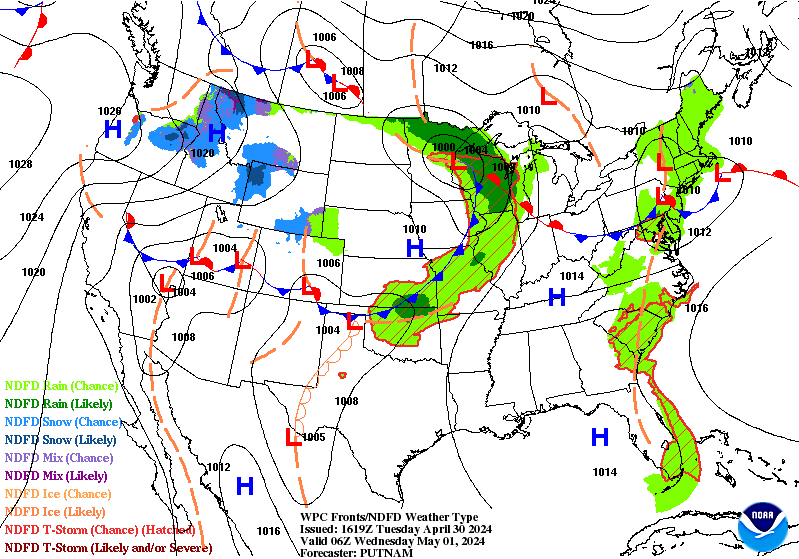TENNESSEE FLOW REPORT
October 23 2024
Streamflow levels across
Tennessee
are currently
62.0% of normal, with the
Mississippi River At Memphis
reporting the highest discharge in the state with
174000cfs and gauge stage of 0.51 ft.
Meanwhile, the
Elk River Above Fayetteville
is seeing a spike in streamflows today after experiencing a
928.85%
increase since yesterday, and currently running at
3210cfs.
Maximum gauge stage in the state was last observed at the
Nolichucky River Below Nolichucky Dam, currently reporting a stage of
42.11ft.
The
Nolichucky River At Embreeville
in the
Nolichucky
watershed
is surging for this time of year at
26400cfs, about
1559.98% of normal.
Streamgauges & River Levels
Tennessee's flow conditions are influenced by its major rivers, including the Tennessee River, Cumberland River, and Mississippi River. These rivers are fed by numerous tributaries, including the Clinch River, Duck River, and Hiwassee River. The state's hydrology is characterized by significant rainfall, which can lead to high river levels and flooding. There are also several major reservoirs and dams in Tennessee, including the Norris Dam and the Kentucky Dam, which help to regulate water levels and generate hydropower. In addition, the state's climate is humid subtropical, with hot summers and mild winters. Watershed data and snowpack levels can also impact Tennessee's hydrology, with higher levels of snow melt leading to increased river flow.
Weather Forecast

